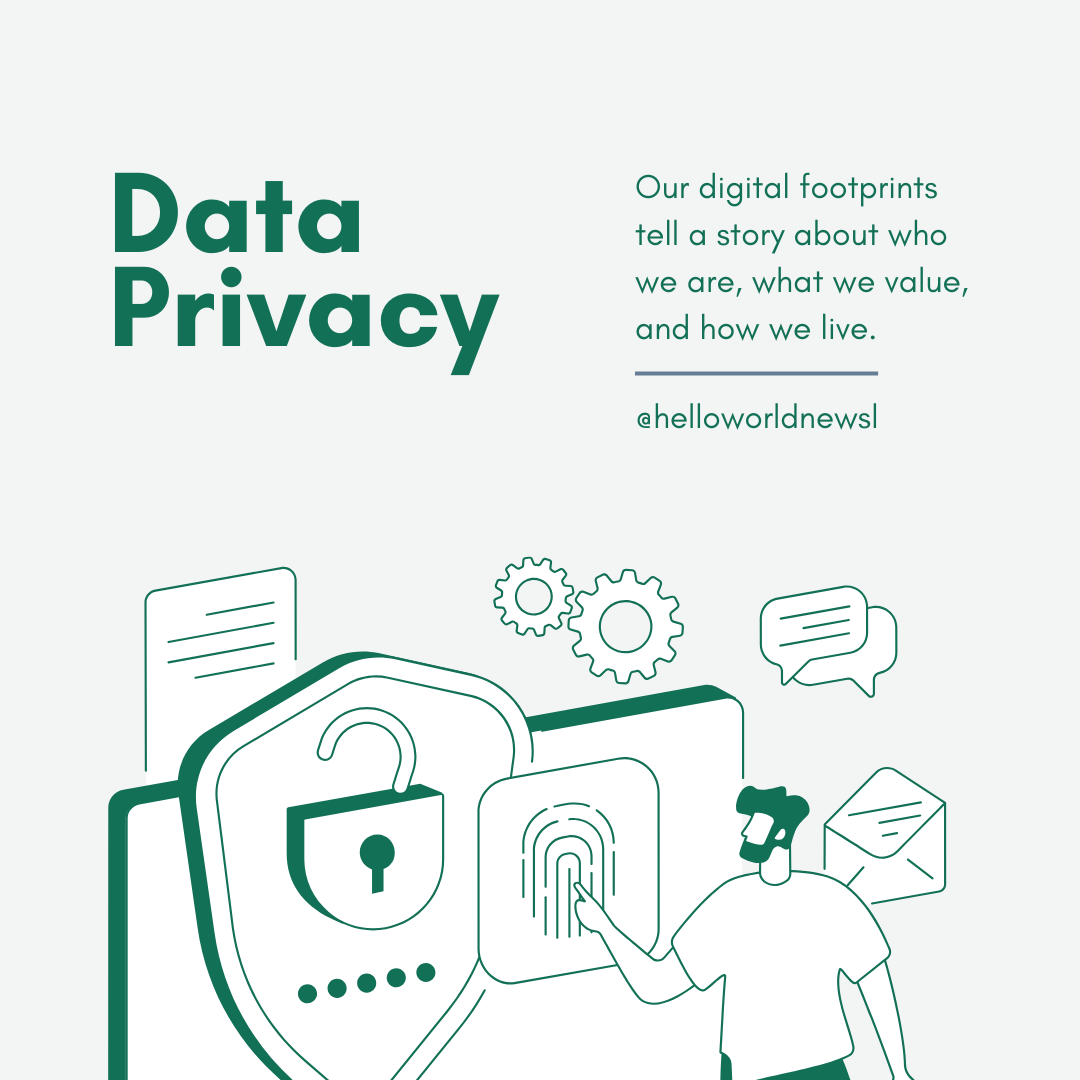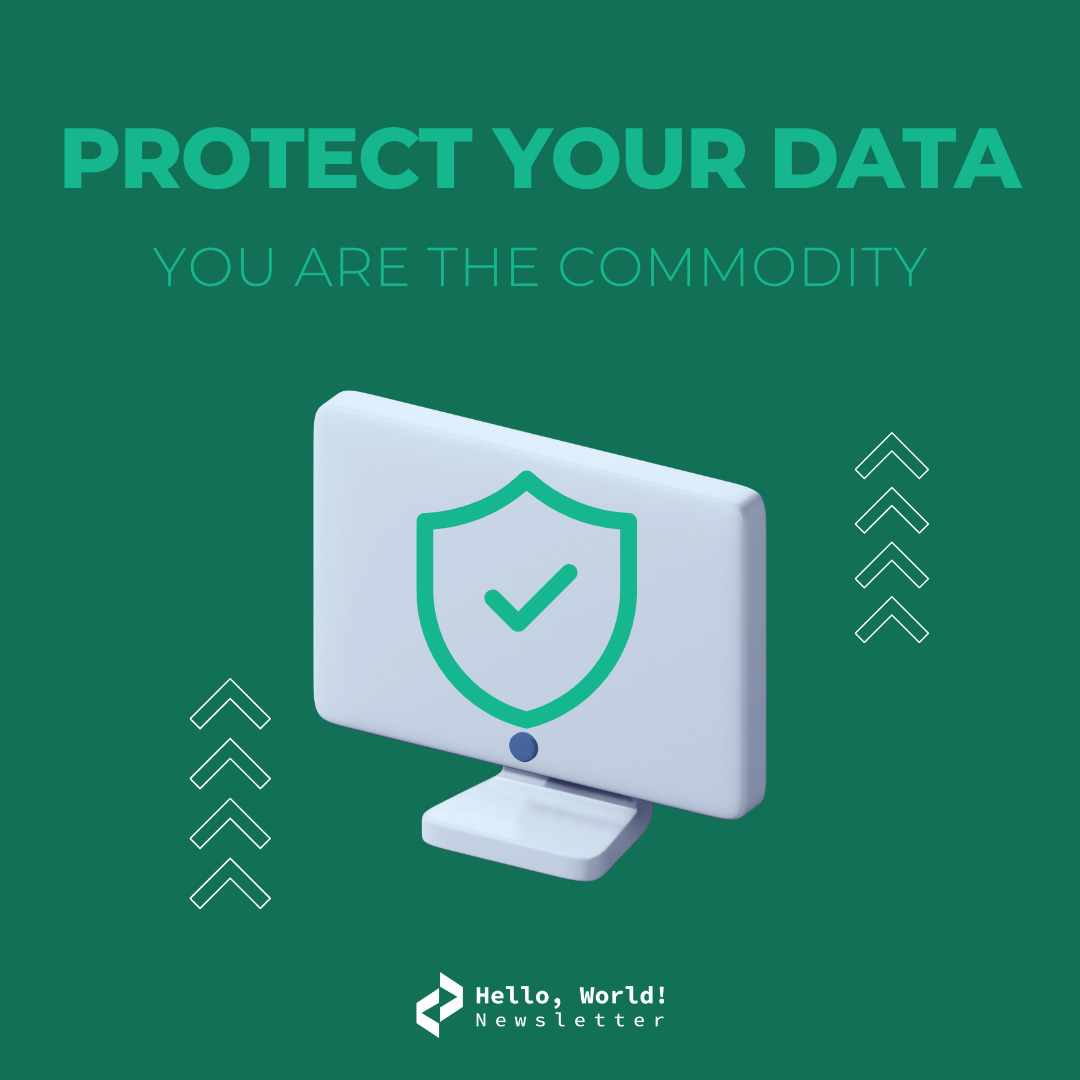Welcome Scholars!
In today's digital age, personal data is being harvested at a scale that would make even the most enthusiastic farmer blush. Every click, like, and share is like a breadcrumb trail leading straight to a treasure trove of information about you. Companies, governments, and organizations eagerly dive into this ocean of data like it's a Black Friday sale, trying to predict and influence our every move.
With personal data driving economies and reshaping industries, it has become the ultimate prize and is frequently referred to as the new oil. However, unlike oil, a rig is not necessary; finding it only takes a smartphone and a few minutes on social media. The methods used to collect and manipulate this data often resemble a magician’s act, where what’s hidden is more important than what’s revealed.
The Value of Data
Data is the secret ingredient in all successful recipes in the modern world, propelling innovation and reshaping industries. Similar to how children collect candy for Halloween, companies collect data, but in this case, the competitive advantage is the sugar rush. The insights derived from data analytics allow businesses to craft personalized experiences that make customers feel like VIPs at an exclusive club.
Beyond just being used to sell you another unnecessary product, your personal information can be used in different ways. Through extensive data analysis, businesses can generate psychographic profiles that offer extensive knowledge, and understanding of your interests, routines, and even feelings. It’s like having a nosy neighbor who somehow knows you prefer your coffee with two sugar, even though you’ve never told anyone. This capability allows them to predict and influence decisions, often without you even realizing it. It's like having a personal assistant who knows you better than you know yourself but without the salary or benefits.
How Your Data is Harvested
Data collection is the digital world’s favorite sport, happening more frequently than an influencer checking their phone. Social media platforms, apps, and websites track user behavior like detectives with magnifying glasses, gathering information such as browsing history, location data, and social interactions. Third-party data brokers then come in, buying and selling this information like it’s Facebook marketplace. Welcome to the surveillance economy, where every online action is a puzzle piece in someone else's game.
This unseen data collection leaves digital footprints bigger than a Dinosaur’s print, painting a comprehensive picture of your life. Each like, comment, or share adds another piece to the puzzle of your online identity, and you might not even notice. It's like unknowingly starring in a reality show where every move is documented—minus the glamorous edits and paparazzi.
The Dark Side of Data Manipulation
The potential for misuse of personal data is significant, with political manipulation being one of the most concerning examples. Data-driven strategies have been used to influence political campaigns, delivering tailored messages that exploit biases and fears like a magician pulling rabbits out of a hat. The use of psychographic data in electoral processes raises ethical questions that could make even the most seasoned politician break a sweat. Imagine playing chess against an opponent who knows your every move before you even make it.
Beyond politics, the ethical implications of data manipulation stretch far and wide. The violation of privacy rights, often occurring without informed consent, poses a threat to individual autonomy. Imagine a world where your emotions and decisions are manipulated for profit or power, challenging the very moral fabric of society. It's a plot twist worthy of a thriller novel but with real-world consequences.
Protecting Your Data
Keeping your data safe in today's digital world is like guarding the Presidential villa – essential and something you should not leave to chance. Individuals must be aware of data collection practices and take steps to safeguard their information like they’re preparing for a zombie apocalypse. This includes managing privacy settings, practicing data minimization, and using privacy tools such as VPNs and encrypted messaging apps. Treat your data like it’s in a secure tower, complete with an alloy garage door and a river full of tech-savvy alligators.
Regulatory measures also play a crucial role in protecting personal data, with privacy laws and regulations acting as the knights in shining armor. But even knights need better armor, as there are gaps in existing regulations that make it look like Swiss cheese. Stronger data protection measures are needed to keep those digital dragons at bay.
By Christopher Shittu
Top News Highlights
Intel is laying off over 15,000 employees and will stop ‘non-essential work’Jumia hires ex-PalmPay manager, Anthony Mbagwu, to head its Nigerian fintech subsidiaryAWS Quietly Axing ServicesThe EU’s AI Act is now in force



